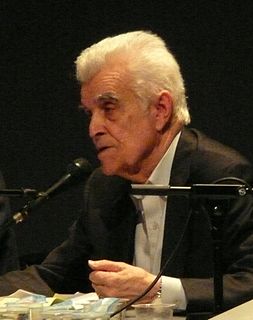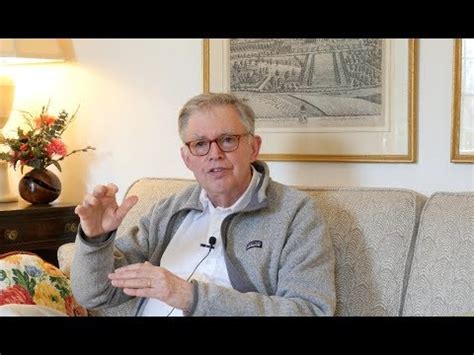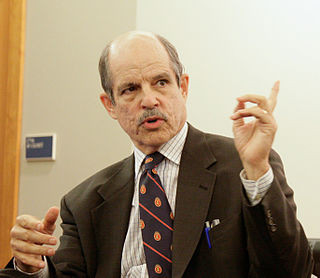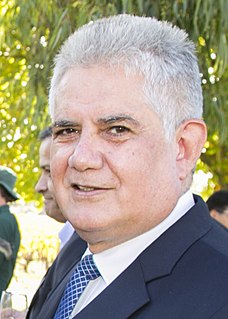A Quote by Oliver Stone
I suppose in our culture - in our lifetime - we've always enjoyed people who tell it straight. We like our presidents, our comedians, and our actors to do that . . . It's funny. You say that people prefer a tasteful formalism - as opposed to an oppressive formalism - but I do feel very strongly that form follows function.
Related Quotes
Most people would say they live with an internal angst that they can't always put their finger on. This is because the Internet has changed our very way of being in this world, compelling us to be perpetually "on" - from our cars to our computers, our tablets to our smartphones, our desks to our living rooms or dining tables, our churches to our libraries to our schools.
A mind virus is different in that there is no form to it; these are ideas placed in our heads when we are little. We get programmed by well-meaning people like our parents and their parents, our culture, religions and schools. We get conditioned to believe in our limitations and what's not possible.
People need immediate places to refresh, reinvent themselves. Our surroundings built and natural alike, have an immediate and a continuing effect on the way we feel and act, and on our health and intelligence. These places have an impact on our sense of self, our sense of safety, the kind of work we get done, the ways we interact with other people, even our ability to function as citizens in a democracy. In short, the places where we spend our time affect the people we are and can become.
I really feel concerned about young people within our present culture. Our present culture, we have to change. Change is inevitable and I wasn't raised in our present culture but it has great pressure that as a young person I never had. Material pressure, social pressure, visual pressure, how you look, and I just try to appeal to young people to think for themselves, to be their own person, and to ask questions and also be very attentive to our planet and our environment.
One of our needs in a very complex society, where we encounter more people every day than probably our ancestors encountered over their whole lifetime, is our need to very rapidly evaluate other people. And one of the most potent ways of doing that is through our automobiles. So, a car isn't just a thing. It's a set of symbols and associations that we have to figure out in order to understand how we navigate our social worlds with that car.







































